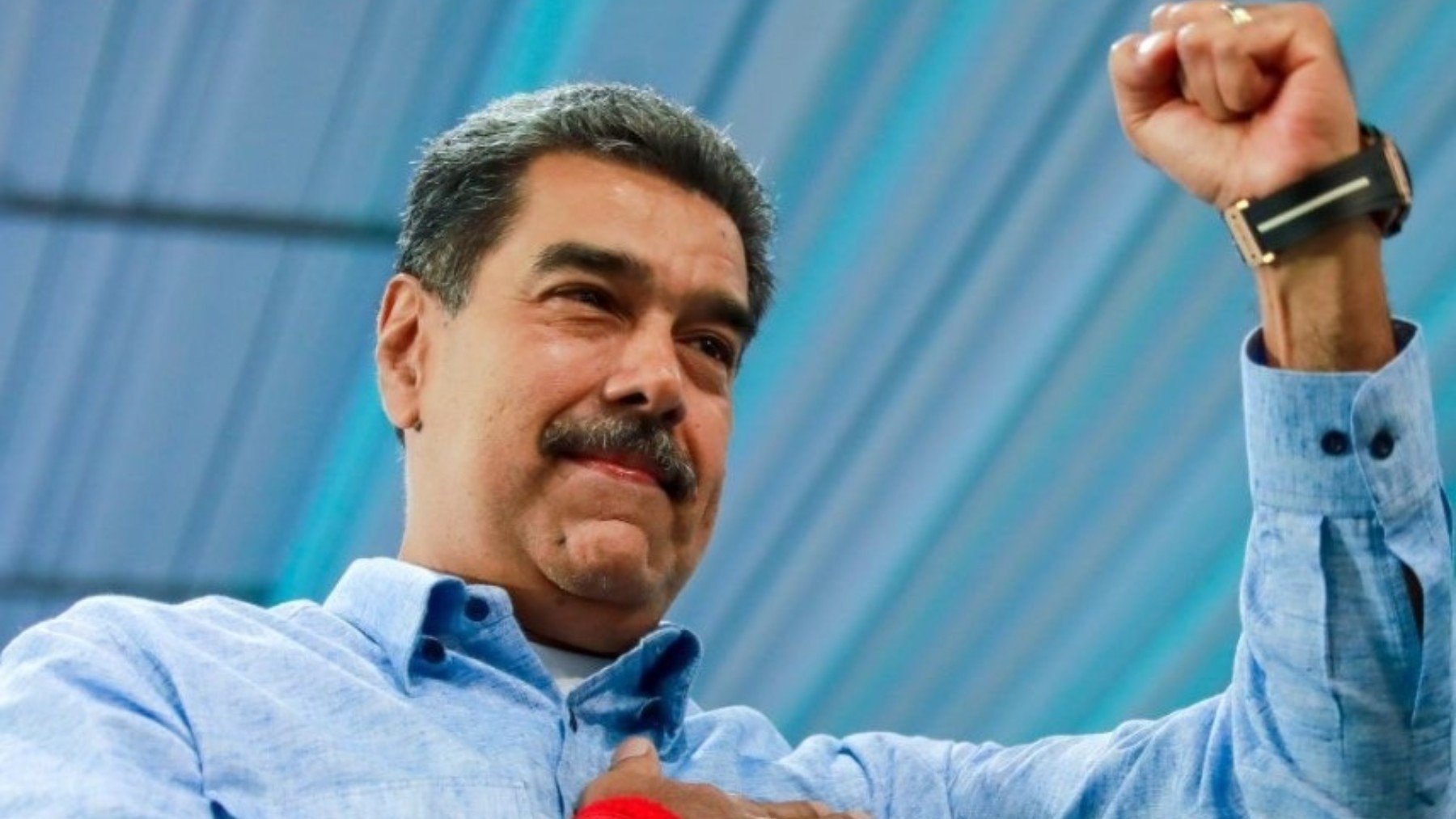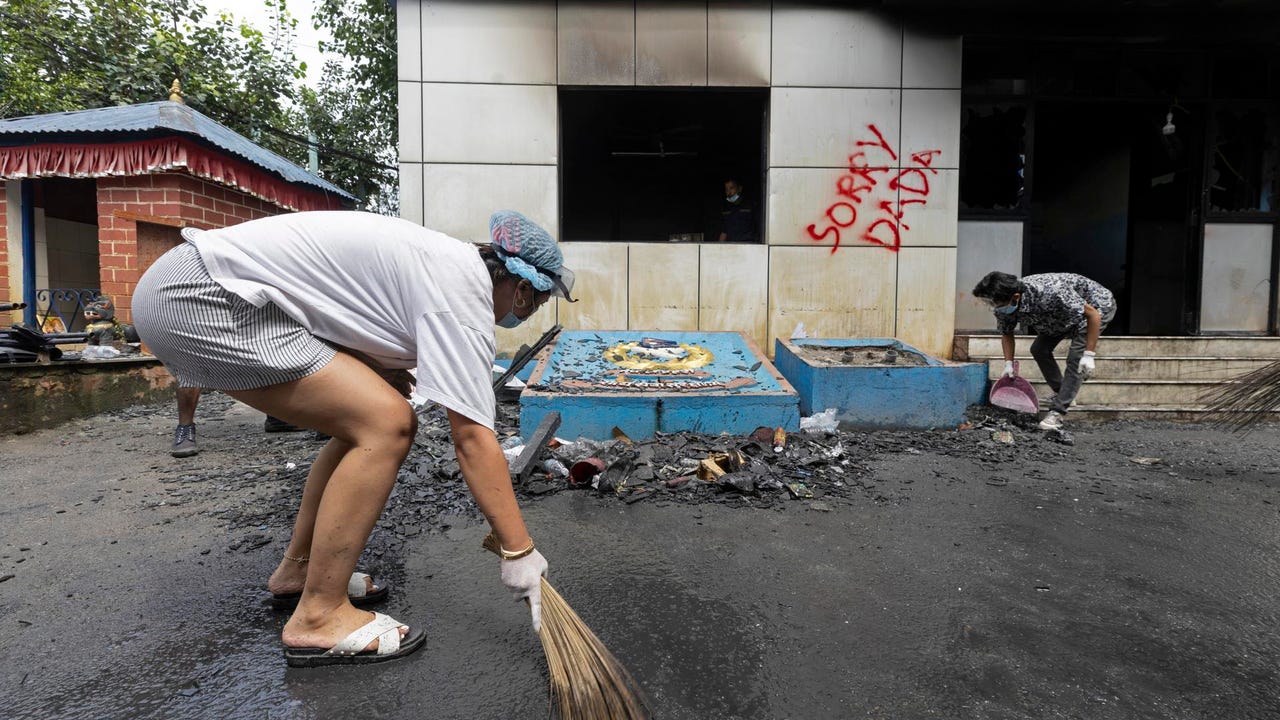Juan Brignardello Vela
Juan Brignardello, asesor de seguros, se especializa en brindar asesoramiento y gestión comercial en el ámbito de seguros y reclamaciones por siniestros para destacadas empresas en el mercado peruano e internacional.




Política 16.07.2024
In a surprising turn of events, Keiko Fujimori has announced that her father, the controversial former president of Peru, Alberto Fujimori, will run for the presidency once again in 2026. This announcement has sparked a wave of speculation and controversy in the political landscape of Peru, as many question the motivations behind this decision and its implications for the country's future.
The candidacy of Alberto Fujimori, who will turn 86 next July, comes after a series of events that have unfolded in recent months, including his release from prison and his registration in Fuerza Popular, the party led by his daughter Keiko. This move has raised suspicions among political observers, who see it as a potential distraction strategy amidst ongoing legal proceedings and controversies surrounding the Fujimori family.
Critics argue that the announcement of Alberto Fujimori's candidacy is a blatant attempt to divert attention from the legal troubles facing Keiko Fujimori, who herself has been embroiled in a money laundering and bribery scandal related to the infamous Lava Jato case. The timing of this announcement, coming just as Keiko's trial enters its final phase, has led many to question the true motives behind the decision.
Moreover, there are significant constitutional hurdles that Alberto Fujimori would have to overcome in order to register as a candidate in 2026. The current Peruvian Constitution prohibits individuals convicted of felonies from running for office, a provision that would disqualify Fujimori due to the numerous charges against him. Additionally, there is doubt whether there is a qualified parliamentary majority to reform the Constitution to allow his candidacy.
The legacy of Alberto Fujimori is a contentious issue in Peru, as he was sentenced to 25 years in prison for crimes against humanity committed during his presidency in the 1990s. His release from prison in December, following a humanitarian pardon granted by then President Pedro Pablo Kuczynski, reignited debates about justice and accountability in the country.
As the Fujimori family maneuvers within the political arena, the current president Dina Boluarte faces mounting public disapproval, with her approval ratings plummeting to new lows. Boluarte, who assumed office in December 2022 following the removal of former president Pedro Castillo, is struggling to govern effectively amidst a polarized political landscape and a disenchanted populace.
The announcement of Alberto Fujimori's candidacy further complicates the political landscape in Peru, raising questions about the future direction of the country and the state of its democracy. With public dissatisfaction at an all-time high and uncertainty looming over the upcoming elections, the specter of the Fujimori family's return to power has reignited old wounds and divisions among the Peruvian populace.
As Peru navigates these turbulent waters, the role of political leadership and public engagement will be crucial in determining the country's path forward. Whether the candidacy of Alberto Fujimori is a genuine attempt at political resurgence or a mere distraction tactic remains to be seen, but one thing is clear: the future of Peru hangs in the balance, with the echoes of its troubled past reverberating in the present.
Política
Panamá Evalúa Catalogar Al Cartel De Los Soles Como Grupo Terrorista
Author 16.09.2025

Política
Parlamento Europeo Califica Al Cártel De Los Soles Como Organización Terrorista
Author 16.09.2025

Mundo
Funeral De Charlie Kirk Desata Tensiones Políticas Y Desafíos De Seguridad Nacional
Author 16.09.2025




